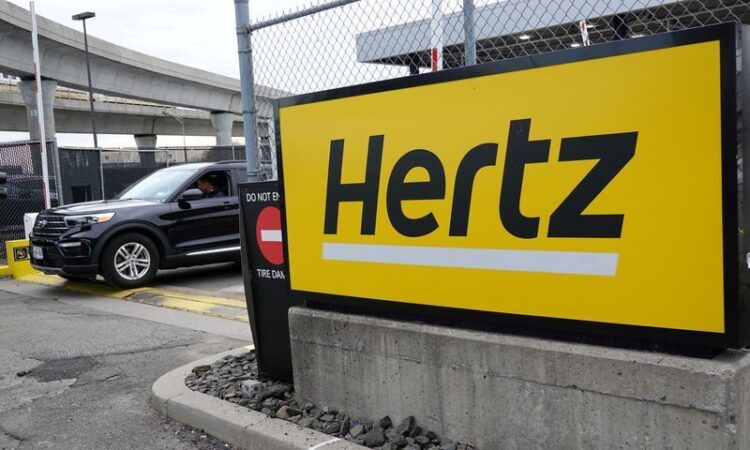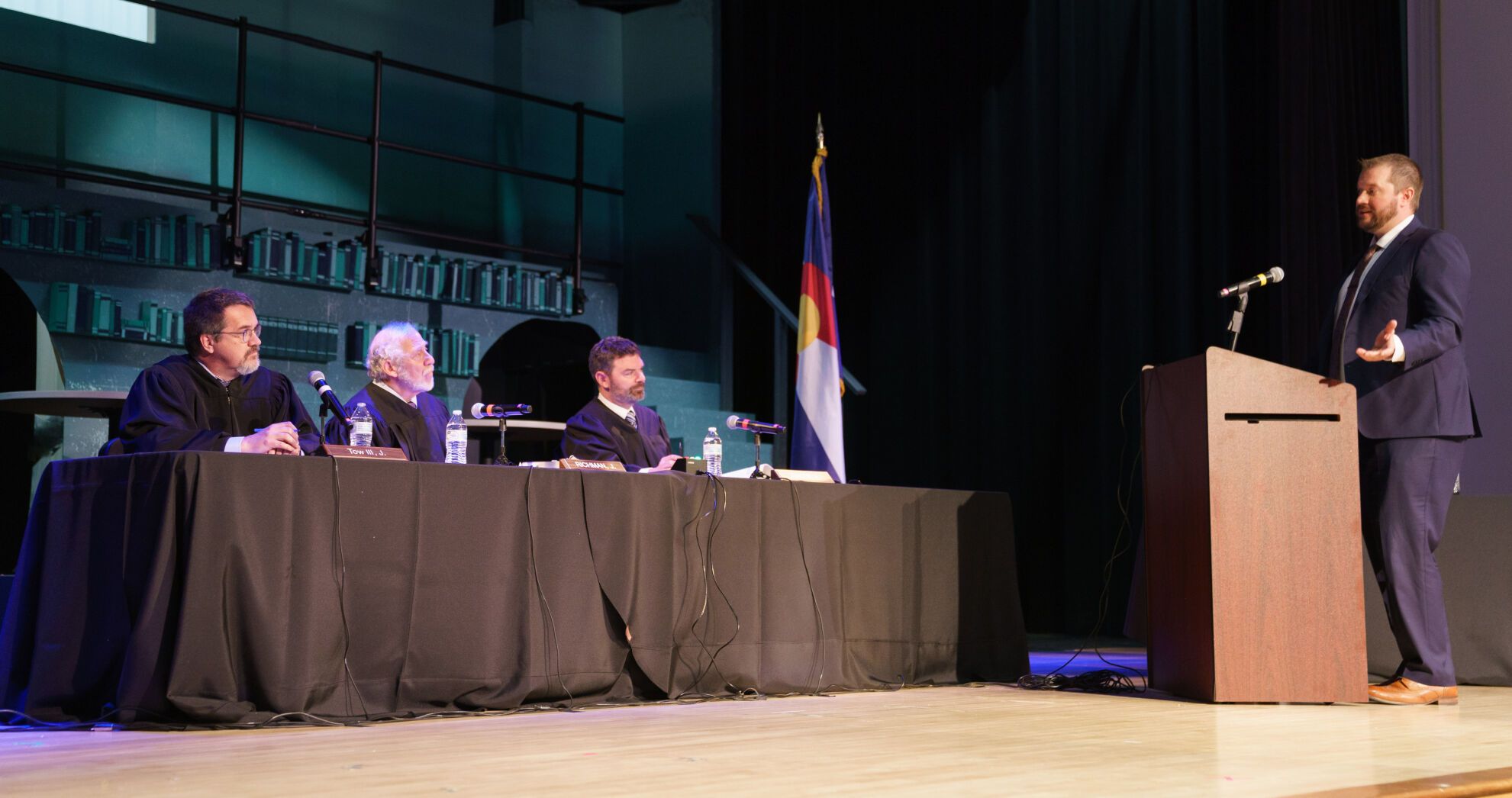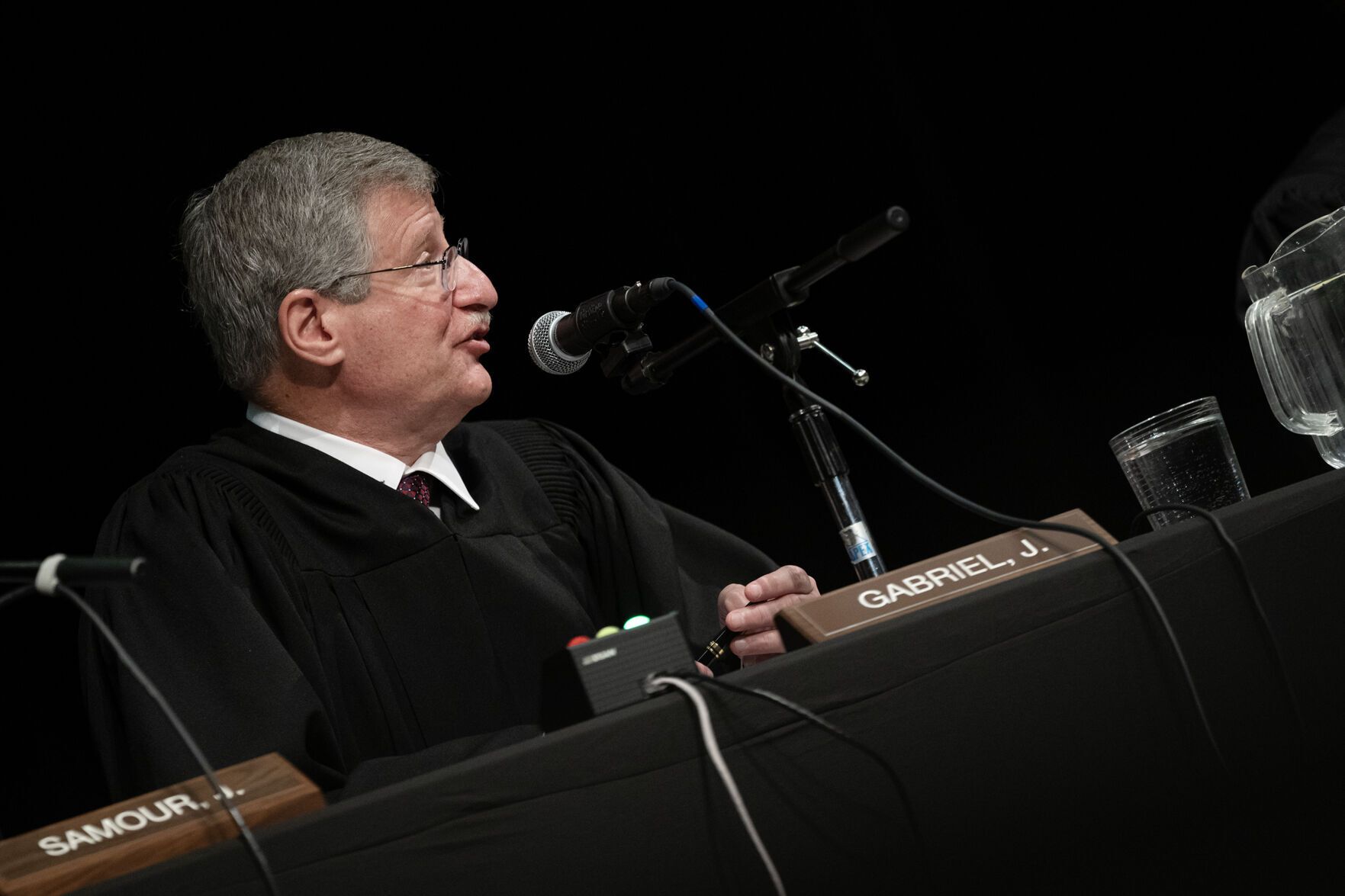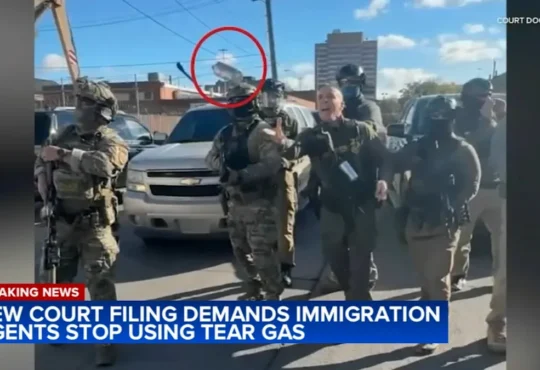
The Colorado Supreme Court considered last week whether car rental companies that offer insurance policies can also be deemed “insurers” who may be sued for their failure to pay out benefits on claims.
Hertz Corp. argued it was not an insurance company based on a sequence of events in the 1990s. The Supreme Court ruled at the time that rental agreements providing insurance rendered companies insurers, and they were required to offer certain coverage. Afterward, the legislature amended the law to walk back that decision.
However, the plaintiffs currently suing Hertz responded by pointing to the specific actions Hertz took in their hit-and-run claim: The company investigated the claim, evaluated the injuries, had final decision-making authority, offered partial payment and bore the brunt of the financial responsibility.
Attorney Nelson A. Waneka further argued to the Supreme Court that the legal developments from the ’90s could not have foreseen that car rental companies would effectively fulfill all the duties of an insurance company decades later.
“I don’t think there can be a realistic argument that what Hertz did in this case isn’t the transaction of insurance business. If it’s not, then nothing is,” he said during the Oct. 21 oral arguments.

After a hit-and-run driver caused two passengers to sustain more than $700,000 in medical bills, they sought payment from the company that owned the rental car they were riding in, Hertz. The driver, upon renting the vehicle, opted to purchase insurance covering injuries up to $1 million and the injured passengers alleged Hertz breached that contract.
Hertz insisted it was not the insurer, but the entity being insured by its own insurance company, Chubb. By purchasing extra coverage, the driver and the passengers became insured alongside Hertz. A Denver judge sided with Hertz and determined Chubb retained the obligation to pay plaintiffs Stanislav Babayev and Oleg Chikov.
But a three-judge Court of Appeals panel concluded nothing in state law prevented car rental companies from also being recognized as insurance companies.
“Hertz’s status as a motor vehicle rental company doesn’t exclude it from also being an insurer,” wrote Judge David J. Richman.

On appeal to the Supreme Court, Hertz argued the Court of Appeals failed to consider the legal framework governing insurance as a whole.
“Here, you have a motor vehicle rental company that the legislature has made very clear it wants treated separately from insurance, separately from an insurer, because the policies are very narrow,” said attorney Lauren Willard Zehmer.
“It seems to me that your argument is the legislature said for no purposes is a rental car company an insurer,” said Justice Richard L. Gabriel. “With respect, I’m not sure it goes that far.”
He asked Zehmer to describe what Chubb did specifically to handle the plaintiffs’ claim, if it was truly the responsible insurer.
“I think those facts are irrelevant,” she responded. “If it did absolutely nothing, it is still liable as the insurer in this case.”
Waneka, representing the plaintiffs, countered that nowhere in the insurance agreement with Hertz was there an indication customers would become insured by Chubb, alongside Hertz itself.
“This is a pretty classic bait and switch. There is a rental agreement which, its terms are completely different from the Chubb policy,” he said.

The justices asked Waneka about a related case in federal court, currently on pause, in which the same plaintiffs sued Hertz, Chubb and the claim administration entity. Waneka said that filing occurred after the trial judge dismissed the lawsuit against Hertz, and was intended to ensure the plaintiffs could get into court before the statute of limitations expired.
“There is every expectation in the federal court that Chubb is gonna come in and say, ‘Our policy doesn’t cover you, Mr. Babayev and Mr. Chikov,” Waneka said.
“Why is it that you don’t know more about Chubb?” asked Justice Maria E. Berkenkotter.
“There just isn’t any evidence whatsoever that Chubb made a single decision,” said Waneka.
The appeal attracted attention from outside organizations. The Colorado Division of Insurance cautioned that treating car rental companies as insurers would result in a “significant gap” in the entity’s regulatory authority. Trade groups representing truck and car rental agencies also warned that upholding the Court of Appeals’ decision would raise prices and reduce the availability of insurance for customers.
“The college couple packing a rental truck to move across country for their first jobs or the family of five who cannot afford to hire a moving company will pay more. As will the caterer needing an extra van for a big wedding, or the homeowner needing to haul wood to build a new deck,” wrote attorney Kendra N. Beckwith for the Truck Renting and Leasing Association.
The Colorado Trial Lawyers Association and the American Association for Justice countered that rental car companies offer insurance because it is a “lucrative business.”
“Certainly, it should go without saying that insurance is an even better business if the insurer can somehow get away with offering insurance but be specifically and arbitrarily exempted from consumer obligations requiring you to resolve claims in good faith,” wrote the organizations.
Although Hertz maintained Colorado law did not treat it as an insurer and, therefore, it was not liable for the plaintiffs’ benefits, some justices continued to question the company’s level of involvement in overseeing and responding to the accident claim.
“How do you explain that away?” asked Chief Justice Monica M. Márquez.
Justice Melissa Hart was not present for the arguments. A spokesperson for the judicial branch said Hart was attending to personal matters.
The case is Hertz Corporation v. Babayev et al.





